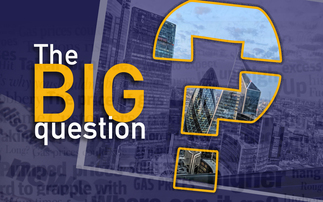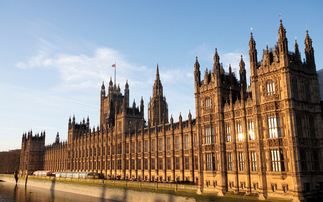Reading the runes of opinion polls has been a fool's errand in recent years, writes Lucy O'Carroll, chief economist at Aberdeen Asset Management.
Nevertheless, they point to Theresa May returning to power in the UK General Election this week. But with that issue resolved, others will come to the fore.
The size of May's majority matters. She called the election partly to give her a larger mandate to take the country through Brexit with less challenge from her own MPs and the rest of Parliament.
If she adds anything less than an additional 50 seats to her majority, she will be open to accusations of having wasted everyone's time.
Four UK election scenarios: How will markets react to each one?
More troubling for her, such a result would almost certainly undermine her authority in both the Conservative party and country.
Her manifesto is strikingly lacking in economic detail. This lack of detail is troubling (not least to an economist) because we have little idea of what exactly the Conservatives will do if they win, or how they will do it in tax and spending terms.
Some campaign pledges are also concerning. Reducing immigration to the tens of thousands at the same time as ensuring the economic well-being of the country through the Brexit process and beyond looks to be an undeliverable combination.
The UK's construction industry, to give just one example, relies heavily on migrant labour. Without this resource, how will the Conservatives' home-building pledges be met?
Brexit concern
But Brexit is the biggest unanswered question of all. It framed the decision to call the election in the first place. Yet we have no more information about what lies ahead than we did seven weeks ago.
In its place, we have a catch-phrase: no deal is better than a bad deal. But what a bad deal, or no deal, looks like in reality remains pretty mysterious. It is not even clear what deal the government is seeking.
This level of uncertainty seriously undermines business planning and economic forecasting.
This doesn't mean that the UK is headed for disaster. It does mean that Brexit creates more uncertainty than the UK economy has encountered for a very long time.
UK snap election raises key questions for investors
Financial markets could welcome a May victory and sterling might rally. But any euphoria is likely to be short lived. The Brexit negotiations begin 11 days after polling day. In theory, we should start to see how the negotiations will shape up from that point on.
Except that there may not be much progress until German elections are out of the way in September. If recent experience is anything to go by, any vacuum of inaction could be filled with ultimately unhelpful posturing from UK policymakers and their European peers.
Financial markets could respond accordingly. However, little she has appeared to enjoy the experience, the campaign trail may yet feel like the easy part to May.
Follow Investment Week on LinkedIn













